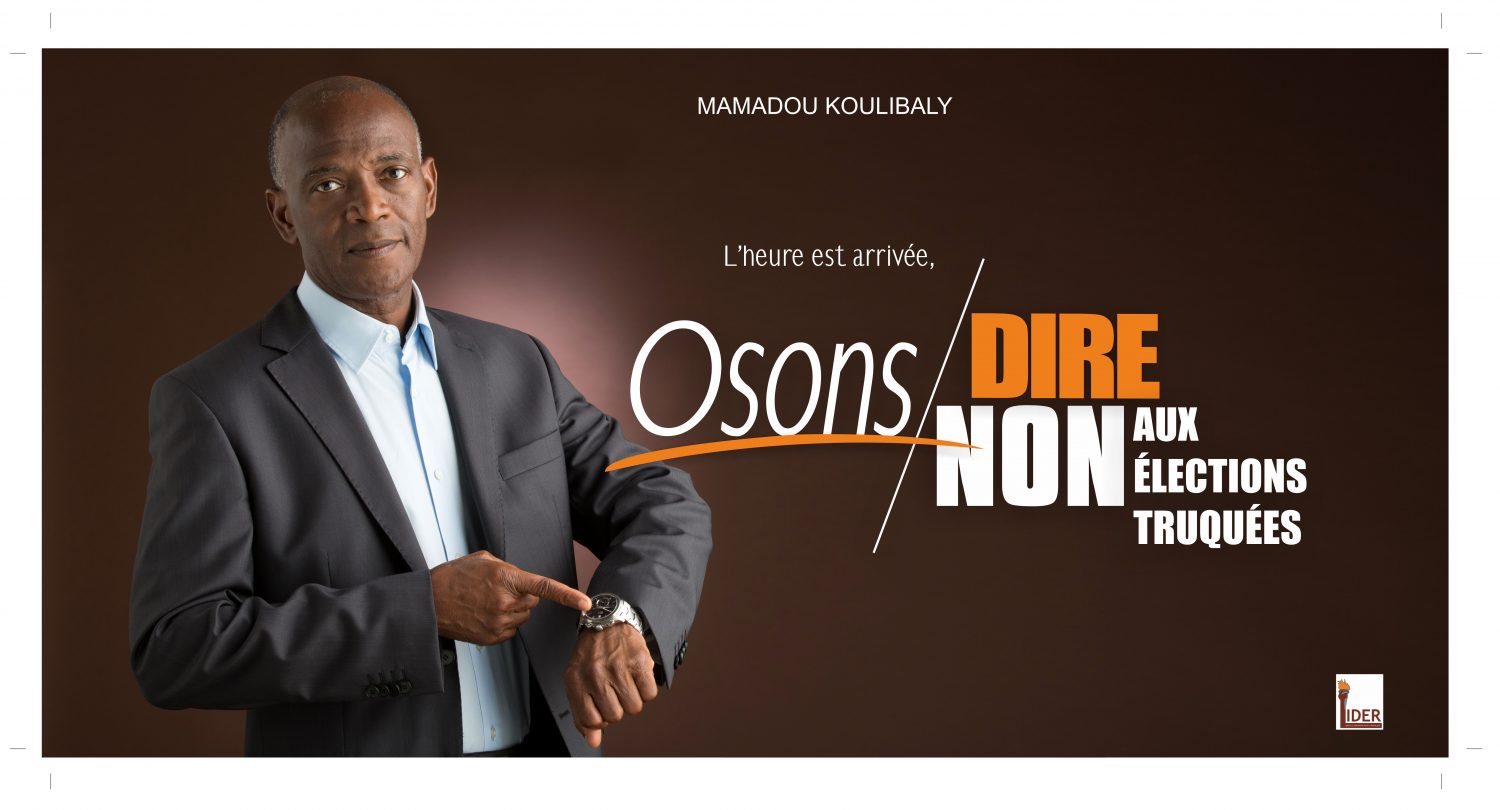Alassane Ouattara favored to win easy re-election amid heightened tension
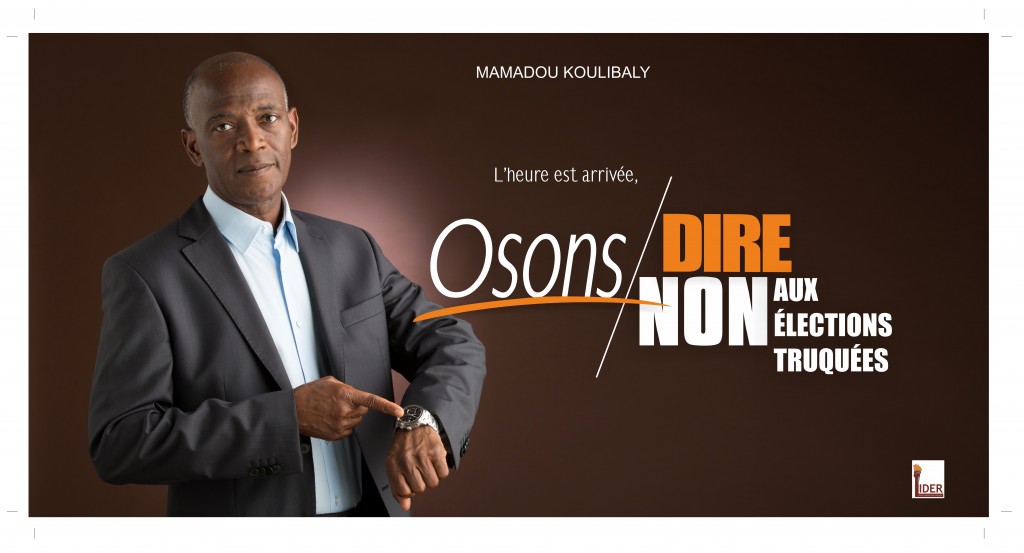
BY BOB KOYLE WITH JIBRIL TURE
ABIDJAN, COTE D’IVOIRE—Not many people here, including the seven men who are campaigning to unseat President Alassane Ouattara, have any doubt who the winner of the upcoming October 25th presidential election will be. Emboldened by his impressive economic achievements that translate to an average 7% economic growth rate since 2012, and his relative success in patching together the shattered Ivorian nation torn apart by the 2010-2011 post-election brief civil war that claimed 3000 lives, the incumbent president is poised to win an easy re-election. However, several candidates feel that the stage is set for a rigged election and have dropped out of the race, with many more denouncing what they term “a one-sided justice” stemming from the fact that so far only people who fought on the side of former president Laurent Gbagbo during the post-election civil war have been brought to justice.
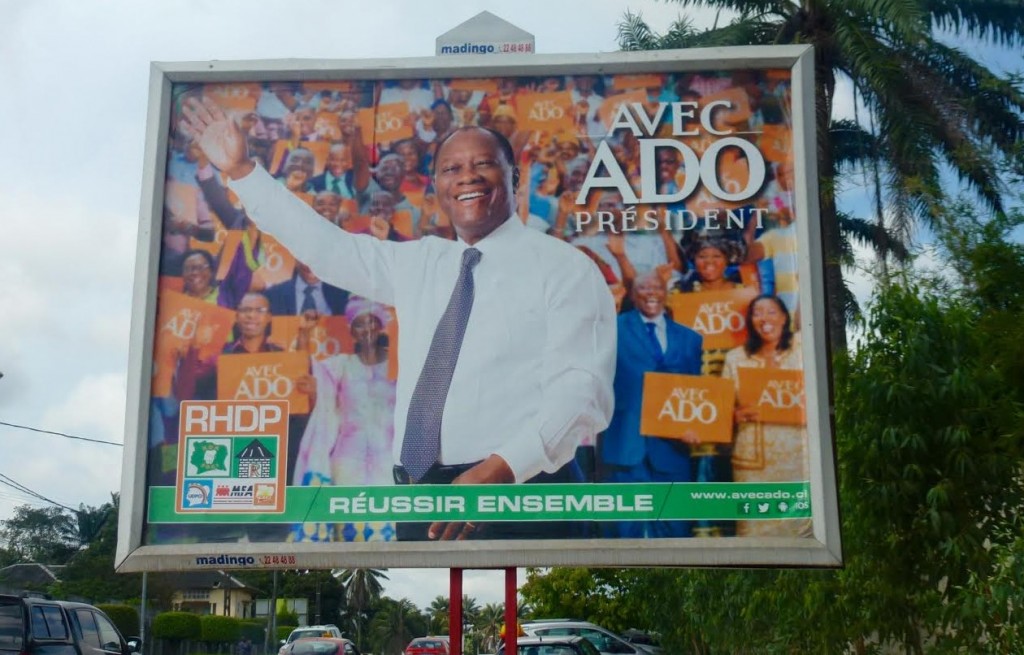
Traveling around Abidjan, one has the feeling that the presidential campaign is one-sided, too, in favor of the incumbent president. President Ouattara’s huge, upscale campaign billboards, which are all over town, dwarf those of his opponents that are rare. The president’s rallies draw huge crowds as well. Unlike the United States where the campaign is already underway now for the November 2016 presidential election, the campaign for the October 25th election in Cote d’Ivoire only has a two-week life and did not officially start until October 9th. But President Ouattara did not wait for that official date before starting “campaigning,” traveling throughout the country. Notably, Ouattara has traveled to the western region of the country, the birth place and zone of influence of former President Laurent Gbagbo. The objective, analysts tell The African, is to secure enough votes to win the election without the run-off scheduled for November 22nd. Securing a high turn-out, the analysts also say, is as important for Ouattara as winning the election, as that will give him a much-needed legitimacy for a second term, given the widespread discontent over lingering insecurity, the unequal sharing of the fruit of his administration’s economic prowess, and the “one-sided justice” that has spared his side of the actors of the post-election violence. All of these woes have disenchanted a large segment of the Ivorian electorate that many fear would not vote.
You may also want to read: Cote d’ivoire hopes for a peaceful election
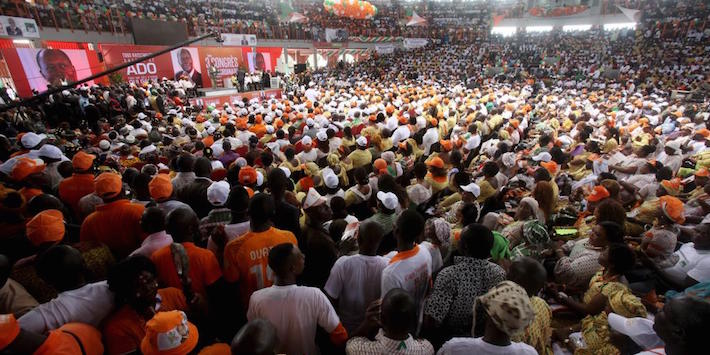
Ouattara’s chances of winning a second term in office are aided not only by the partnership between his party, the Rassemblement des Republicains (RDR), and several other parties that included the PDCI of former president Henri Konan Bedie, but also by the implosion of the main opposition party, the one-time formidable Ivorian Popular Front, FPI, of former president Laurent Gbagbo which secured 1,756,504 popular votes that translates to 38.04%, ahead of Ouattara’s 1,481,091 popular votes, 32.07%, of the total ballots cast in the first round of the October 31, 2010 presidential election, thus compelling Ouattara to enter into an alliance with Bedie who scored 1,165,532 votes that translate to 25.24.% of the ballots cast. While Gbagbo is awaiting trial at the International Criminal Court in the Hague on charges of crime against humanity stemming from the post-election civil war following his stubborn refusal to step down, intestine squabbling split his party in two. Pascal Affi N’Guessan, former prime minister and the party’s chairman, who leads the moderate wing of the deeply-divided FPI, is one of the seven candidates challenging Ouattara on October 25th.
You may also want to read: How the whole world nearly failed to stop Gbagbo
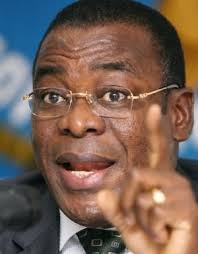
But, arguably, the out-going president faces a tougher adversary in the person of former prime minister Charles Konan Banny who is the candidate of the National Coalition for Change, CNC, a coalition of thirteen political heavyweights (comprising many former influential PDCI icons such as Charles Konan Banny himself, former foreign minister Amara Essy, and Kouadio Konan the former leader of PDCI’s youth wing.) The CNC was set up in mid-May with the clear objective of stopping Ouattara from winning re-election. Besides dissidents of the PDCI, the new entity includes dissidents of the FPI, among whom Mamadou Koulibaly, former speaker of the parliament under Gbagbo and a vocal defender of the former president until he created his own party, Liberty and Democracy for the Republic, LIDER.
You may also want to read: The stage is set for a new presidential election in Cote d’Ivoire
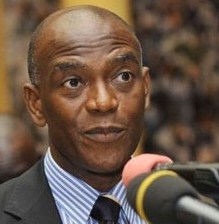
However, Koulibaly, one of the ten cleared by the Constitutional Council to contest the election, abruptly dropped out of the race after twitting on October 10th his reluctance to “participate in these rigged elections,” adding that “the Ivorian election is deliberately sabotaged by the very people who have the duty to organize it democratically: the CEI (Independent Electoral Commission) and the government.” He later called for a six-month postponement of the election to have the time to resolve several issues.
The move followed former foreign minister Amara Essy’s decision, on October 6, to suspend his candidacy, unless certain demands are met by the government. In a statement made available to the press, he wrote: “I won’t risk, in front of history, allowing my candidacy to legitimize the incumbent president in a process that we have every proof is completely under his control.”
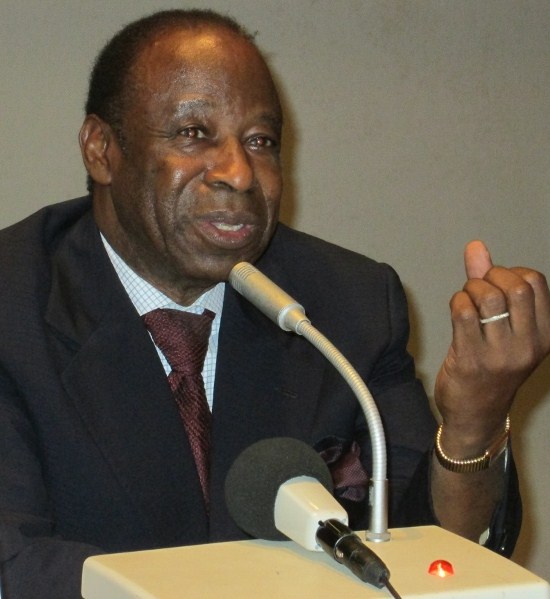
Then later, walking in the footsteps of his co-members of the CNC, former prime minister Charles Konan Banny also called into question the reliability of the electoral list and denounced the late introduction of biometrics in the electoral system. It’s not clear at the time of this writing if he will maintain his candidacy.
In a swift reaction to Banny’s remarks, the president of the Independent Electoral Commission, Youssouf Bakayoko, issued a statement on Monday, October 19th saying: “The Independent Electoral Commission wishes to inform the entire national community and the international community that it had asked the interested party [Charles Konan Banny] this very day, Monday, October 19th, the formal and unquestionable proofs to support his statements.” The IEC also stated: “While we wait to receive these proofs, the Independent Electoral Commission wants to reassure all the candidates, the political parties and all of our fellow citizens that it will fully shed light on this matter and will publish the conclusion without delay.”
You may also want to read: President Alassane Ouattara’s express bio


